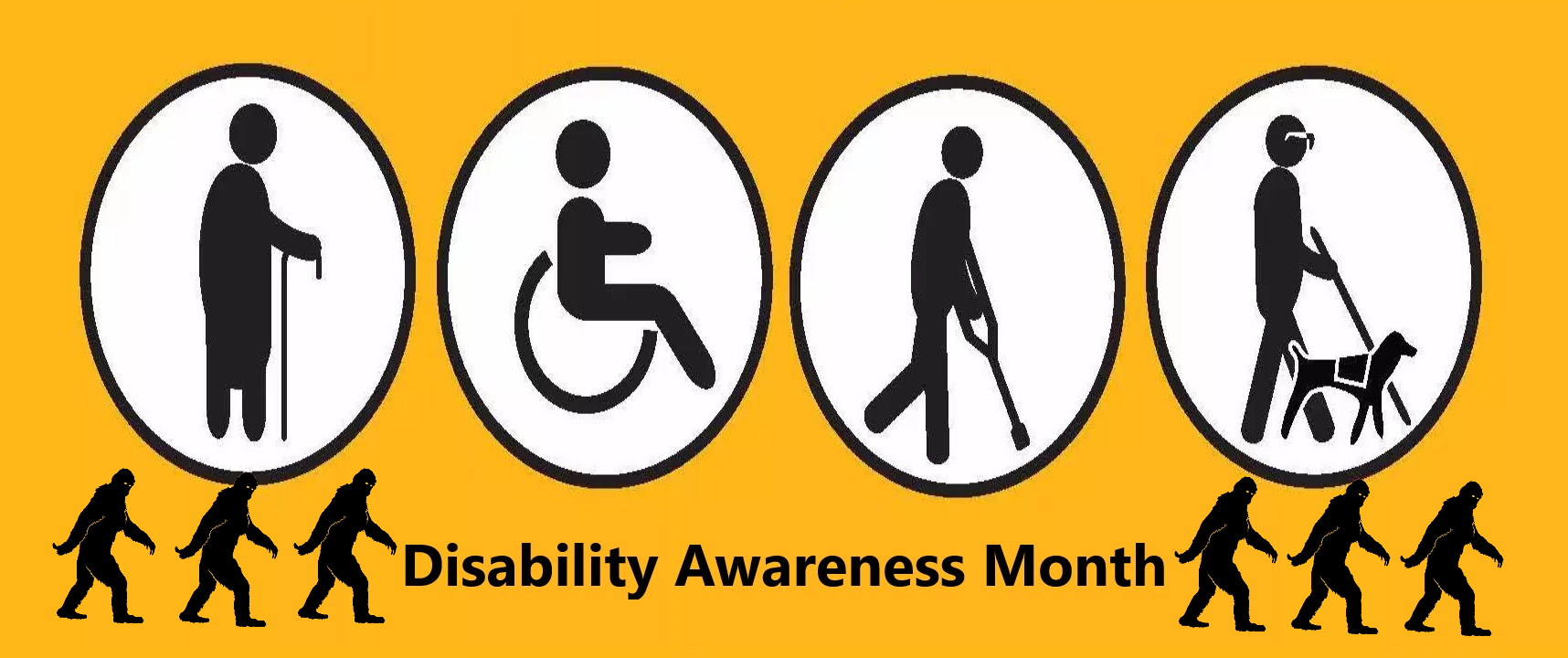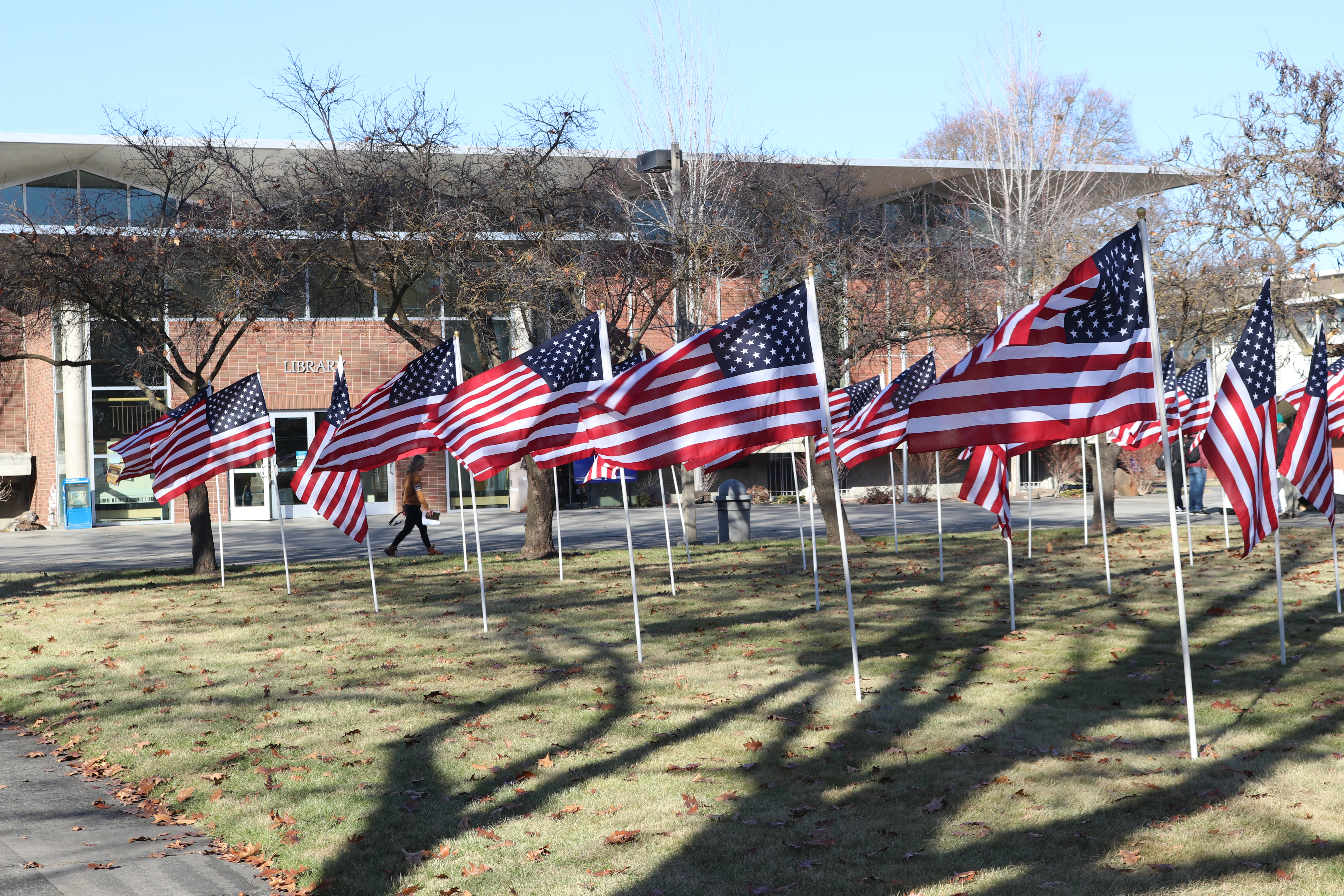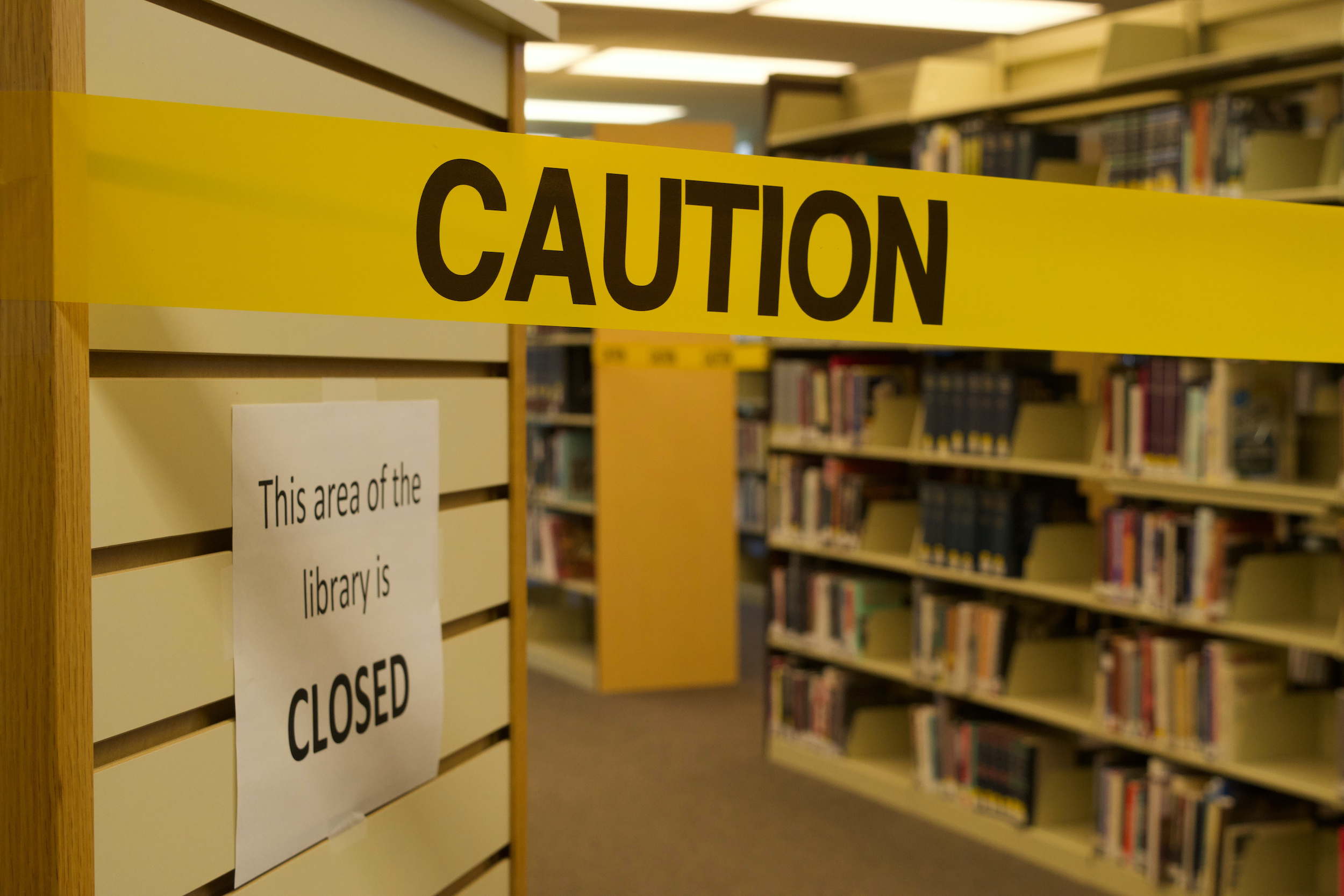 The month of October was deemed Disability Awareness Month in 1988 by Congress, but did you know that the origin of disability awareness began much earlier?
The month of October was deemed Disability Awareness Month in 1988 by Congress, but did you know that the origin of disability awareness began much earlier?
Issues relating to disability and employment came to the forefront as far back as 1945. It took years for disability services, like the ones offered at CCS, to be put into effect. People with disabilities are now afforded the opportunity to hold jobs everywhere. CCS honors Congress’ work to this day and employs many of the disabled. Many disabled students are enrolled, as well.
This year, Disability Awareness Month activities included the Access4All Spokane Story, which was held on Oct. 4, which talked about making buildings accessible and why it can benefit everybody and a film screening of Intelligent Lives, which was held on Oct. 17.
The Disability Resource Fair was held on Oct. 24, when organizations from the community offered services, education, recreation and opportunities to volunteer. The library offers books on disability resources. The Flying Hands Club and the SFCC School of the Arts displayed information regarding their programs in the SUB Lobby, as well.
If you feel you may need accommodations based on a physical or a hidden disability, Disability Support Services may be able to help which is located in the Student Union Building.
“DSS can provide support in completing the admission process, as well as with classroom accommodations, assistive technology and assistance with registration,” program specialist Shaun Hegney said. “DSS may provide referrals to counseling, academic advising and referrals to other services.”
For students who experience intellectual/developmental disabilities and/or psychiatric disabilities, PACE (Processing and Cognitive enhancement) Services may be the answer.
“The mission at PACE Services is to provide job readiness and specialized programs to individuals with obstacles to learning and employment,” Kelly Long said. “PACE is designed to increase employability and independent living skills.”
PACE serves individuals who experience intellectual and developmental disabilities and/or psychiatric disabilities. PACE offers classes at both SFCC and SCC.
One of the programs that works to improve the lives of people with disabilities is the Orthotics & Prosthetics Technician training program. It is the only program of its kind in the western U.S.
“This training can make a difference in the lives of people with disabilities,” said Ambrose Cavegn who specializes in prosthetics.
Cavegn is an SFCC alumnus and has worked for the Department of Defense, Veterans Affairs and several children’s hospitals.
Logan Wilkins is a student studying under Cavegn and is finishing his last semester of his second year.
“I already have a job at Baker Orthotics and Prosthetics in Dallas, Texas, and I will start right after I graduate from the program,” he said.
That is quite typical for students who graduate from the program, according to Cavegn.
“We have a very high employment rate,” Cavegn said. “There is a huge demand for orthotic and prosthetic technicians in the United States.”
For more information
Stop by to set up a meeting if you have not already done so. Disability Support Services is located in the Student Union Building and is open from 8 a.m. to 4:30 p.m., Monday through Friday. Disability Support Services can also be reached at (509) 533-4166. More information can be found online at http://sfcc.spokane.edu/For-Our-Students/Student-Resources/Disability-Support-Services.
For further information, contact PACE Services at (509) 533-7169.


